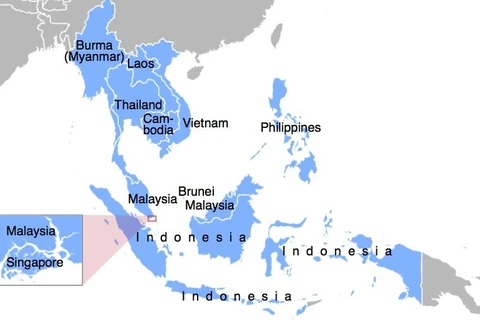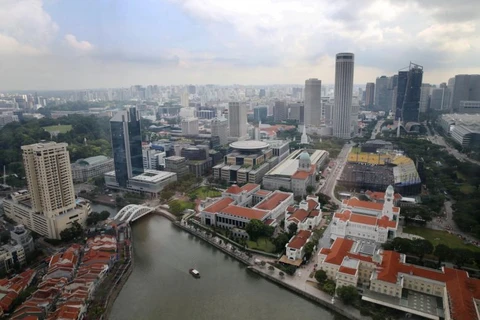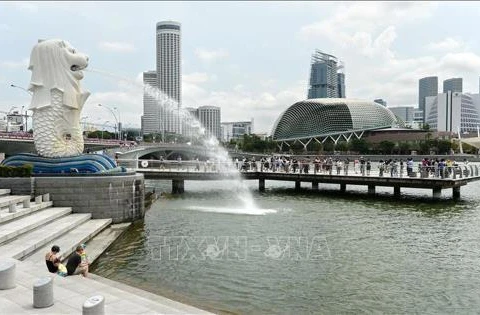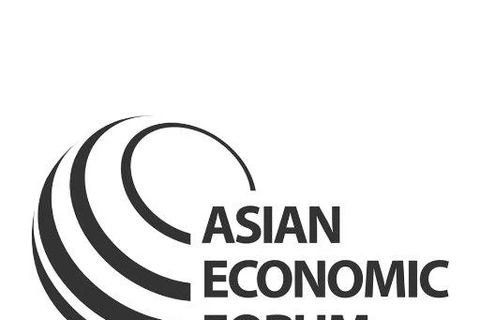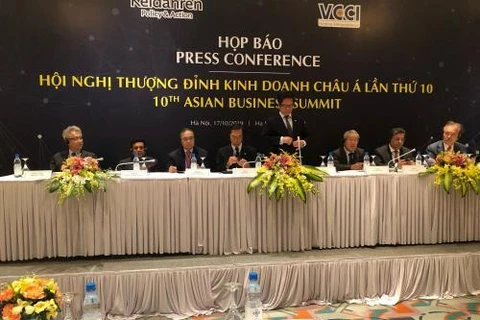 Speakers at the recent workshop on Asia's trade and economic priorities in Jakarta, Indonesia (Photo: VNA)
Speakers at the recent workshop on Asia's trade and economic priorities in Jakarta, Indonesia (Photo: VNA) Jakarta (VNA) – Priorities in Asia’s trade and economic policies in 2020 were the focus of a workshop which was held late October in Jakarta, Indonesia, attracting the participation of Indonesian and foreign economists and scholars, besides Indonesian policy makers and foreign diplomats.
Jointly organized by the Indonesian Bureau of Economic Research and the Asian Bureau of Economic Research, the event aimed to collect opinions concerning economic and trade policies in Asia, towards addressing difficulties and challenges facing the Asian economy in the context of the US-China trade war, which affects supply chains as well as damages transnational trade and finance flows.
It included three sessions, during which participants pointed out risks facing the Asian economy, assessed the efficiency of global and Asian trading systems, thus proposing correcting solutions to make all operations run better.
A session focused on issued related to infrastructure development, investment and digital economy.
Speaking at the event, Perry Warjyo, Governor of Indonesia’s central bank said Indonesia and other Asian countries are facing at least three major issues, which are a slowdown of the global economy, the effectiveness of monetary policies depending on interest rates and digitization, and economic and financial transformation.
Experts at the event agreed that Asian governments and central banks often rely on monetary and fiscal policies to deal with external risks that they face.
Indonesia and other Asian economies must improve their global safety network so they can provide enough liquidity during a crisis, they noted./.
VNA
